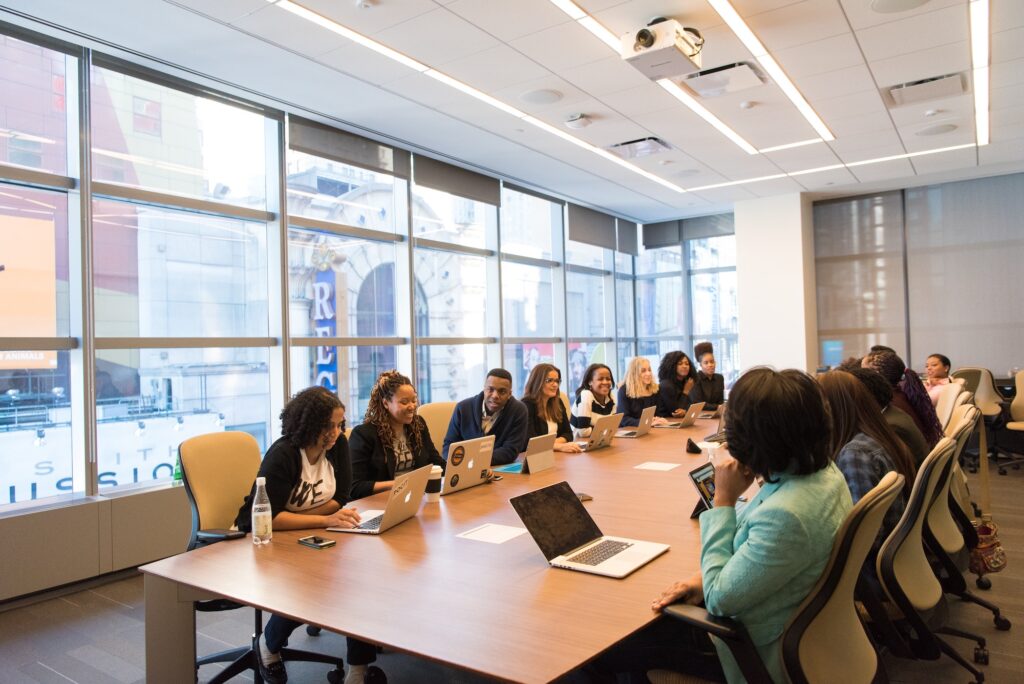Workplace incidents range from minor inconveniences to significant emergencies that can disrupt the flow of a typical workday. Each incident, regardless of size, demands a response tailored to mitigate harm and restore normalcy. Understanding how to address these disruptions is essential in maintaining a productive, safe, and respectful work environment.

How To Deal With Incidents Within Your Workplace
Recognising an Incident
The first step in managing workplace incidents is recognising when they occur. This might sound simple, but many issues go unreported due to a lack of awareness or a workplace culture that doesn’t encourage open communication. From a slip in the cafeteria to a breach of data security, every incident should be noted with as much detail as possible. Keeping a log can help identify patterns that require attention and prevent future occurrences.
Creating an environment where employees feel comfortable reporting incidents is crucial. Staff should be trained to understand that reporting issues is a form of proactiveness that can lead to improvements, rather than a sign of complaining or weakness. This positive attitude towards incident reporting can transform a company’s culture and lead to enhanced employee wellbeing.

Immediate Response Strategies
Once an incident is identified, the immediate response can often dictate the severity of its impact. For instance, a quick evacuation during a fire alarm or a swift first-aid response can mean the difference between a close call and a catastrophe. It’s beneficial to have a clear plan that everyone understands, covering various scenarios, so that employees can act swiftly and confidently.
In the instance of legal or contractual disputes, the expertise of employment solicitors becomes invaluable. Firms such as Monaco Solicitors specialise in representing employees in the UK, providing guidance and advocacy that can defuse potentially explosive situations before they escalate. Engaging with such expertise doesn’t always have to be a sign of conflict but can be a proactive measure to ensure fair treatment and compliance with employment law.
Developing a Preparedness Plan
A well-crafted preparedness plan is your frontline defence against workplace incidents. It should be a comprehensive document that outlines the procedures for a variety of situations, including medical emergencies, natural disasters, and security threats. The plan must be accessible to all staff and periodically reviewed to ensure its effectiveness and relevance with changing circumstances.
Training sessions, drills, and discussions can help embed these procedures in the company culture. By regularly revisiting the plan, employees not only refresh their memory on the protocols but also have the opportunity to provide feedback based on their experiences and observations, which can be invaluable for improving the strategies in place.
You can also partner with Specialty Fuel Services for proactive disaster planning and guaranteed emergency fuel delivery for you to be ready for anything.

The Role of Leadership During Incidents
Leadership plays a critical role in both the prevention and management of workplace incidents. Leaders must exemplify the seriousness with which incidents should be taken through their actions and communications. They are also responsible for ensuring that the team feels supported and informed during and after an event.
The behaviour of a leader during a crisis is often observed by employees as a benchmark for appropriate response. Therefore, leaders should stay calm, communicate clearly, and follow the preparedness plan closely. They also need to be visible and available to address concerns and provide guidance where necessary.
Conclusion
Concluding our guide on ‘How to Deal with Incidents Within Your Workplace’, it’s evident that effective incident management is a multi-faceted endeavor. The first step, recognizing an incident, is crucial and requires awareness and training to identify potential problems quickly and accurately. Once an incident is identified, immediate response strategies come into play. These strategies are designed to address the issue effectively, minimizing any harm or disruption. Developing a preparedness plan is another key element. This involves laying out clear protocols and procedures beforehand, ensuring that all team members know their roles and responsibilities in the event of an incident.
Finally, the role of leadership during incidents cannot be overstated. Leaders must step forward with decisiveness, clarity, and empathy. They should guide their teams through the incident while maintaining calm and control, setting the tone for the entire response effort. Overall, dealing with workplace incidents is about being proactive, prepared, and responsive. It involves a blend of foresight, swift action, and strong leadership to navigate through challenging situations, ensuring the safety and stability of both the workforce and the workplace.
